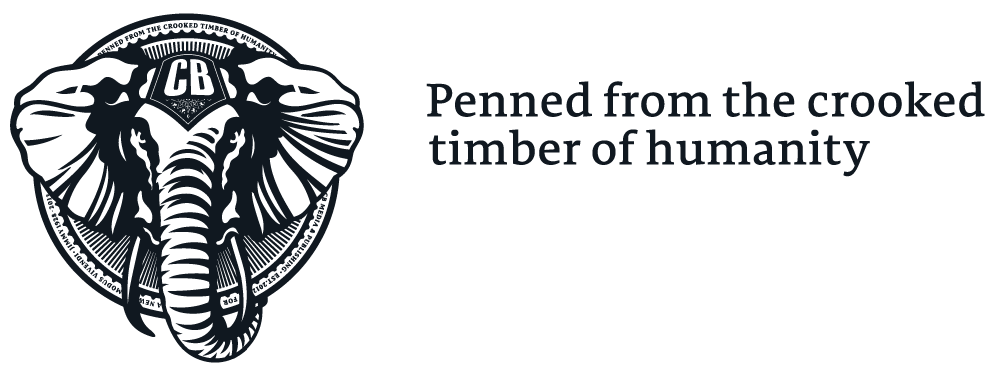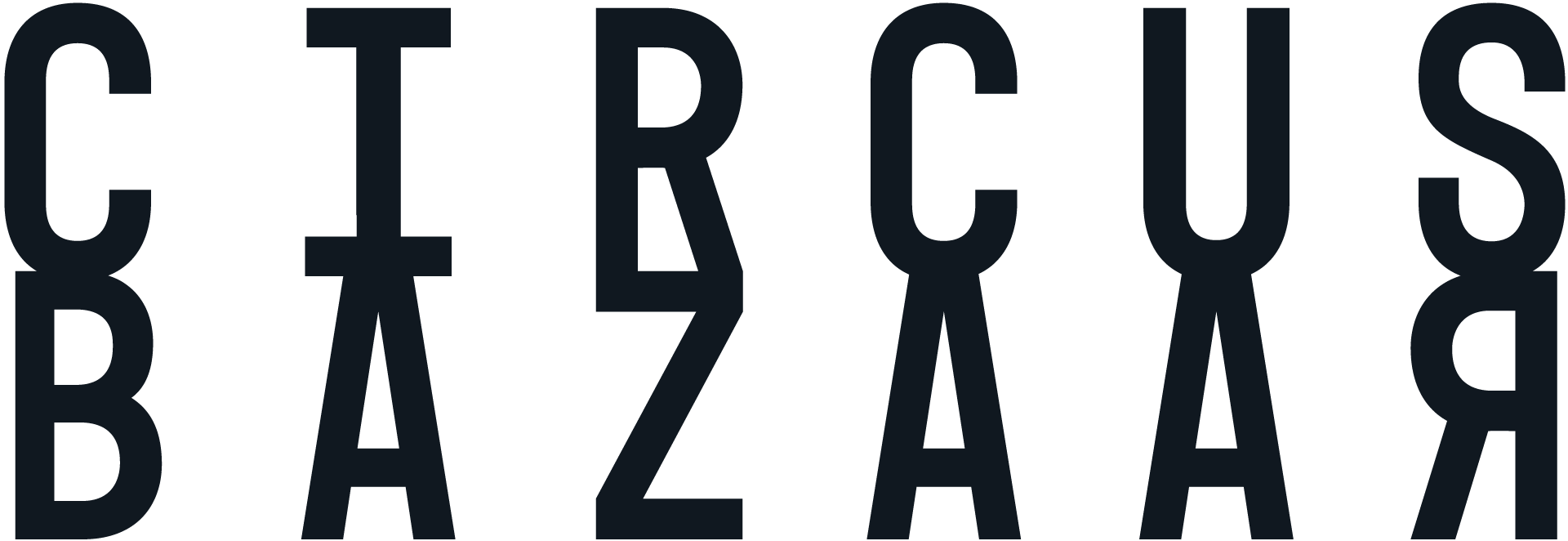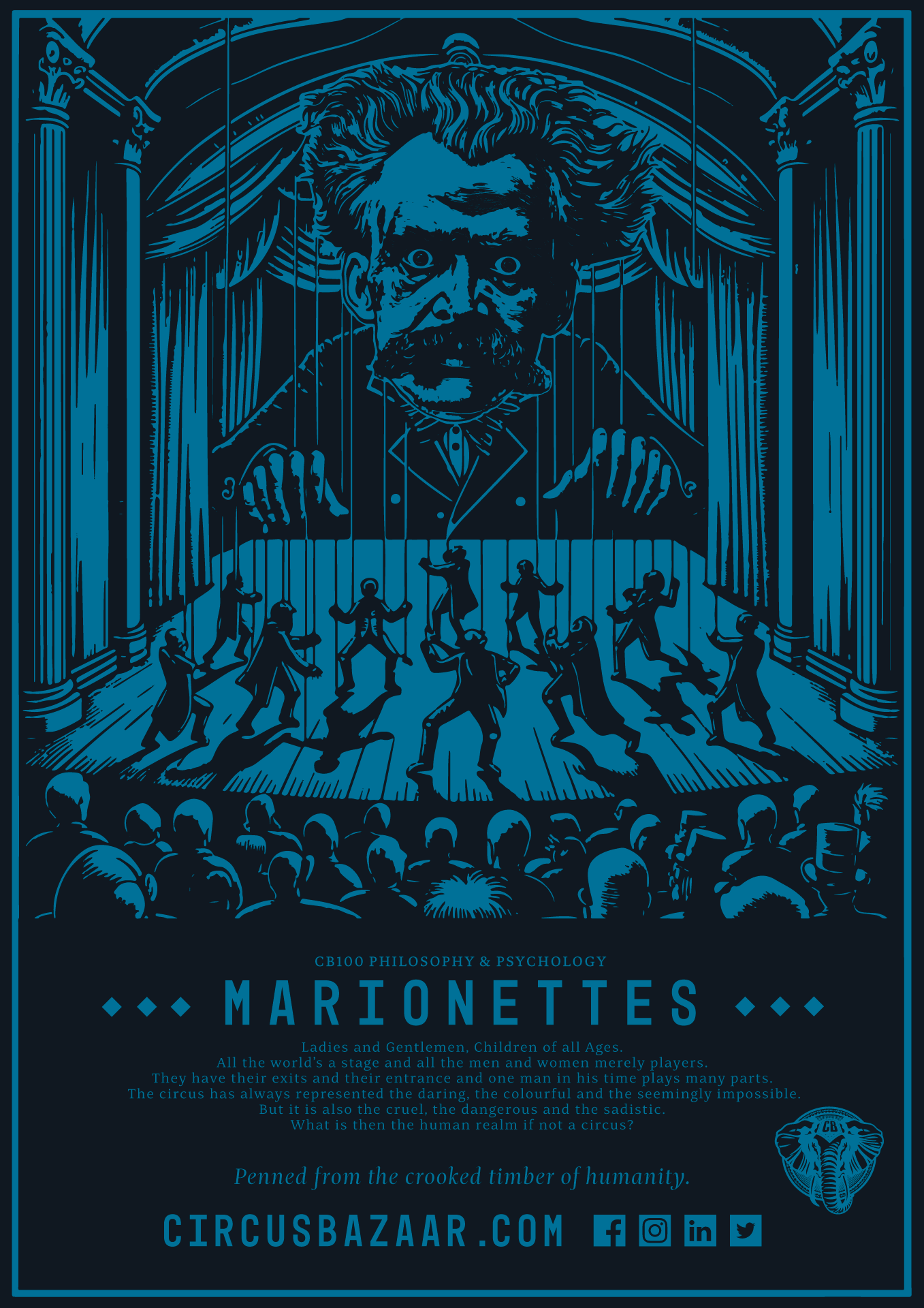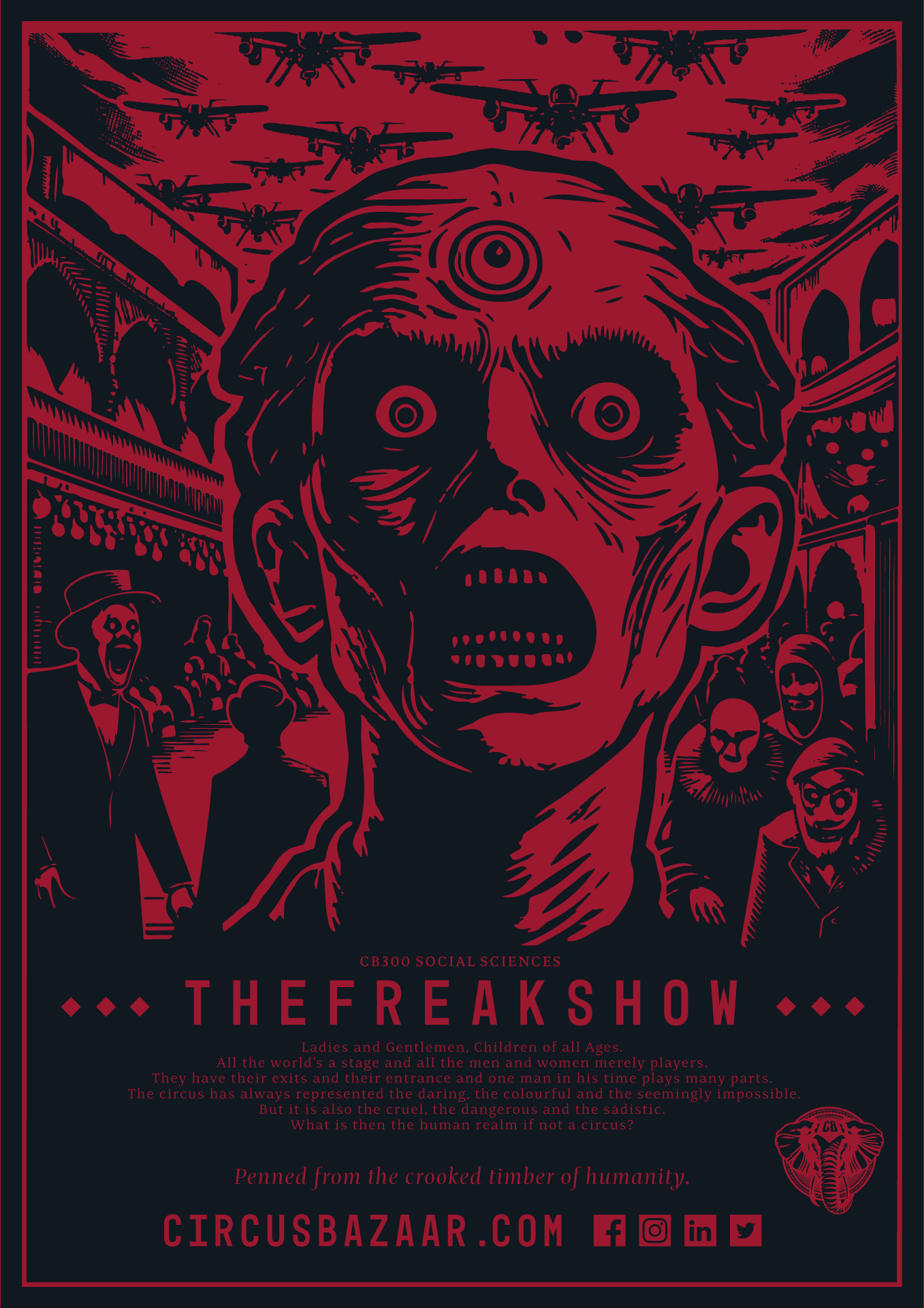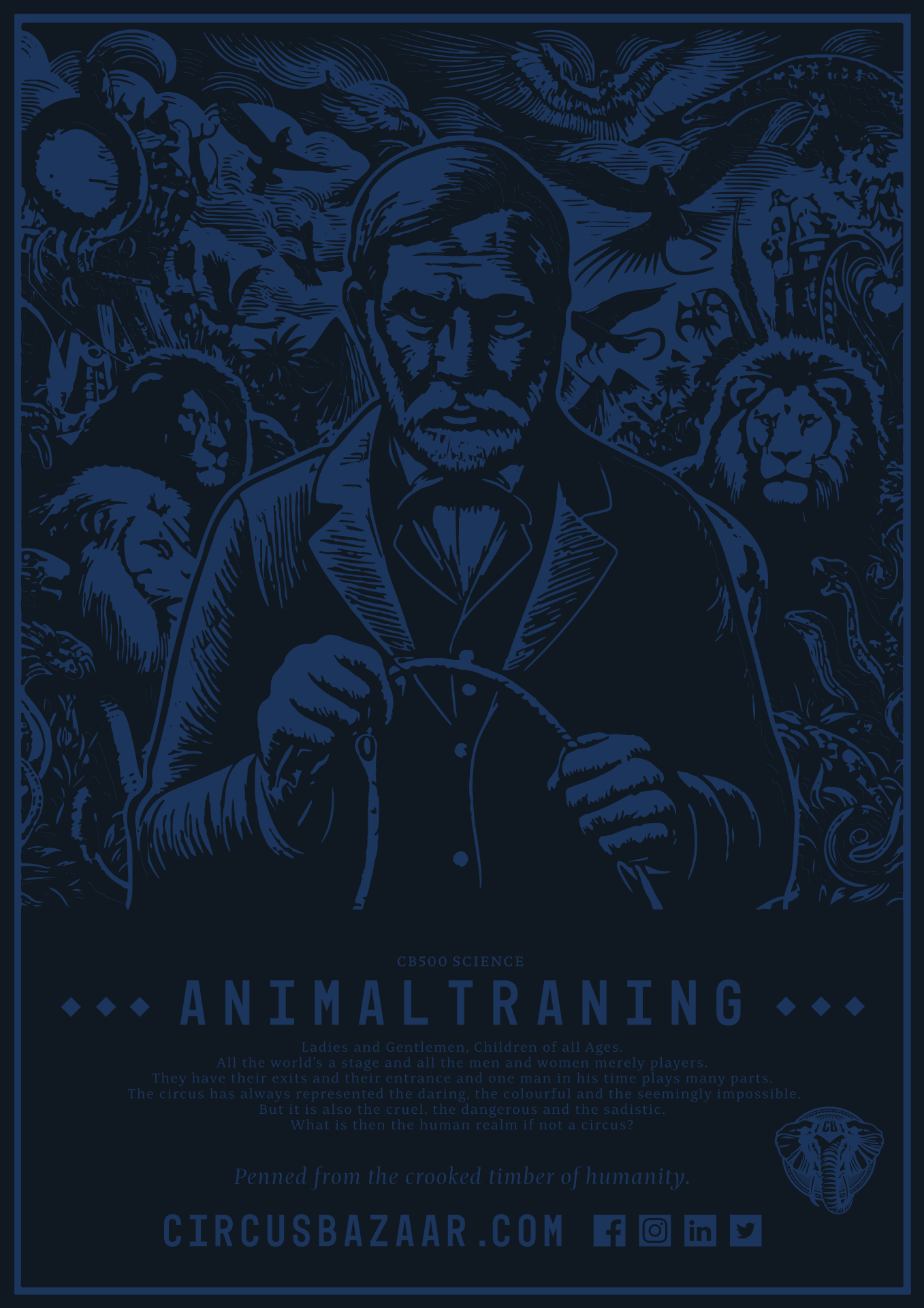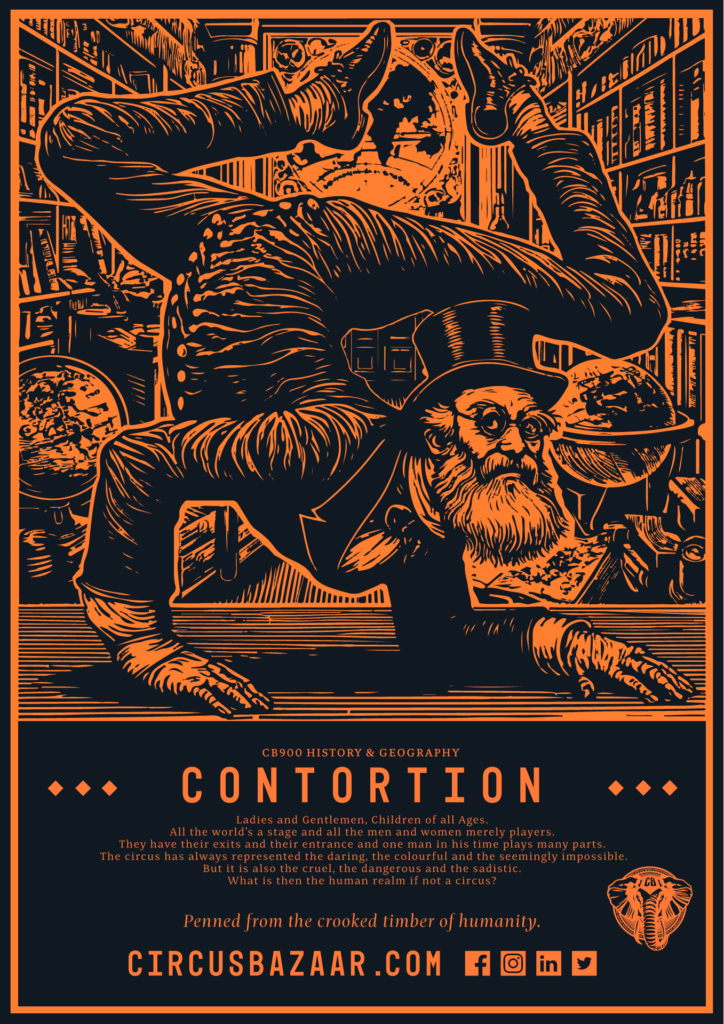United States – In what has created one extended moment of surreal shock, the United States went ahead and elected Donald J. Trump to the Presidency, its highest and most prestigious office. The somewhat gruesome autopsy has already begun, even before the last votes are counted. Shock seems to have dulled the reactionary impulses for the moment, but they will come and with recrimination. Republicans must feel like the staggering drunk who has awoken, serendipitously, in his very own bed. They will control the House, the Senate, and the Executive. The media pathologists conducting the autopsy appear, however, to be stunningly clueless about where to even begin. Never mind. Expect the same people, pundits, pollsters, and experts, who knew precisely nothing about what the electorate was going to do, to clamber over each other to tell us now about why they did it. This author is no exception.
What seems unassailable is that this event marks the large scale repudiation of the progressive agenda, its economic, social, political, and ideological components. When the dust settles, that might not be all that difficult to understand, part of an unceasing historical pendulum. Obama-world did look a bit like, and act a bit like, a series of debates about the good and the right were settled, when they clearly were not. Not to the other half of the country. They may never be. The latent causes of faction are thus sown into the nature of man. And the American political system ensures that the other half will be heard before long, and that no faction, even a majority, will be able to impose its worldview. But this result represents far more than the return of an historical pendulum. It is non-ergodic. It won’t return to some pre-existing and recognisable state.
The changes underpinning this momentous event have already been with us for some time, but they are hard to locate and identify. It would be churlish to claim that we have been too busy checking our social media feeds, but the riposte contains the threads of an explanation. Its not just that progressivism has received its comeuppance. Its that the informal institutional foundations that support the agenda, any agenda, have been almost silently collapsing. Informal institutions are, essentially, the collection of social attributions we all apply, both individually and collectively, to the un-institutional or physical world. We give physical things statuses and functions, and when we agree, or our attributions at least overlap, we have what philosopher John Searle called social facts. They are the fabric of our social reality. When we make social facts as groups, when I act as we, we have collective social facts or what Searle called collective intentionality. Collective intentionality is the substance of our informal institutions, our agendas, and eventually our formal institutions, like the Republican Party for example. But it contains a surprisingly fragile component.
That component is comprised of the expectations people accommodate regarding the legitimate source and location of any authoritative truth claim. The fragility derives from the fact that authoritative truth claims are supported more from the bottom up than the top down. That is, their status and resilience depend much more heavily upon our expectations about them, than they do on their actual content. We have an evolutionary propensity as humans to posit a location and a source in the process of accepting the legitimacy of a truth claim. This means the flow of information, the way it moves around a society, is as important as the content of the information when it comes to authoritative truth claims.
For most of human history, hierarchical social structures have defined the flow of information. Hierarchies have been overwhelmingly superior forms of social organisation for a range of important activities, and they can be thought of as supporting inherently vertical information flows. Spacial, temporal, and technological limitations kept the network, an alternative social information structure in which information flows horizontally, subordinate to the hierarchy. This meant that the vertical flow of information, up and down hierarchical social structures, defined the location and source of authoritative truth claims for people, and their collective intentionality about those institutions reflected this. Support for any social, political, economic, or ideological agenda contained this structure, and the weakness or strength of any institution turned more on the capacity of the people who inhabit the institution’s upper echelons to regulate the flow of information. Think the State, the Church, and the professions, and their resilience as institutions. Expectations about the location and source of authority cannot change when people can only reach upwards through hierarchies for information. Yes, information is power. But it’s the flow, not the content. Nevertheless, this structure’s inherent fragility remained hidden.
Enter the digital information revolution. By which I simply mean ubiquitous access to the internet, Wi-Fi, and mobile portable devices. In the space of less than a generation; FAST; the way information moves around societies has been fundamentally transformed. Technology has enabled and facilitated the emergence of horizontally connected up, persistent information flows. Consequently, the latent fragility in the structure of informal social institutions has finally been exposed. The expectations in the minds of people, both individually and as collectives, about the location and source of authoritative truth claims via the flow of information, has shifted from the vertical to the horizontal plane. Massive institutional collapse is occurring, but we are left dumbfounded by its cause because we search for the answers in the content of information, the top down part. Elites, people whose power has transferred over generations at least partially because of the vertical social structures they inhabit, are equally confounded by the relative decline of their social power.
It is the structural flow of power via information that is so rapidly transforming society. The almost complete failure to predict why the American electorate did what it has done derives from our inability to spot the structural fragility tied up in social institutions. Talk of a post-truth world is only scratching the surface. Truth is merely an institution, held in place by the collective intentionality of people. We are entering a post-institutional world, where social facts will be derived from the peculiar, even alien power structures imposed by networked information flows. Want to win an election in this new world? Telemetry, real-time big data, artificial intelligence, and a quantum computer.
